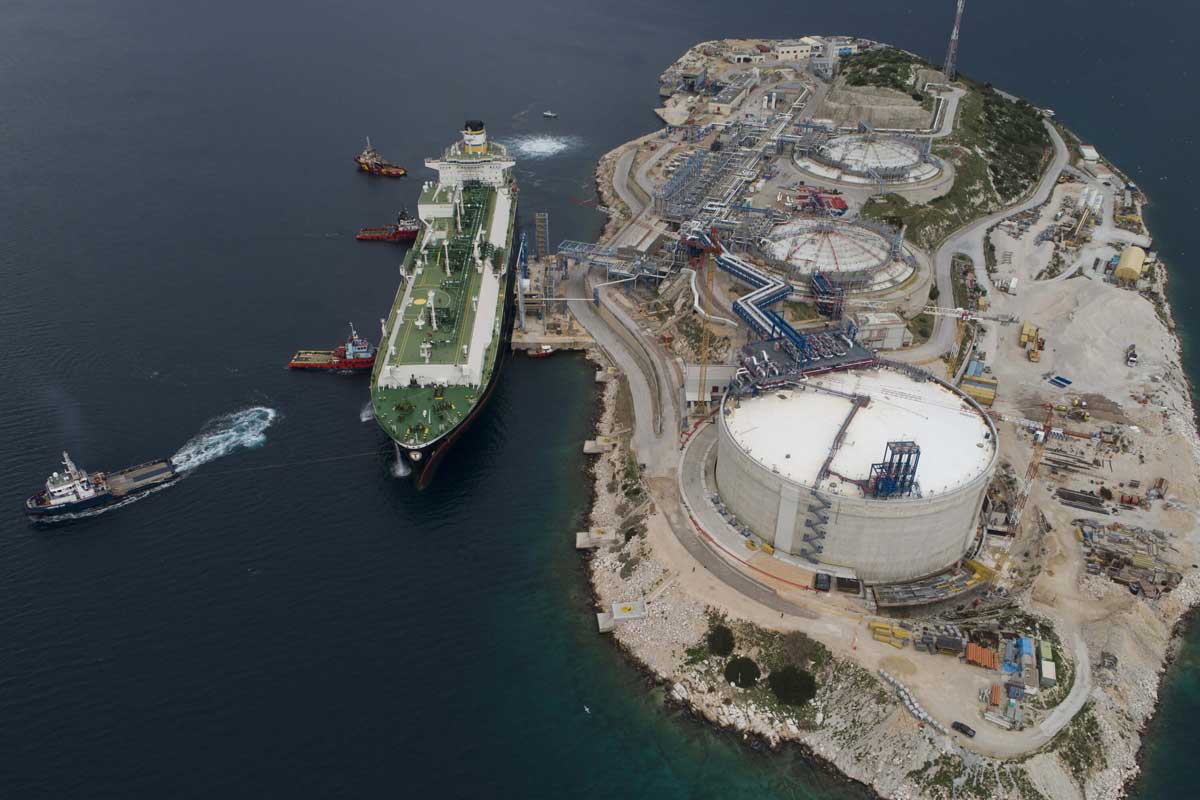Russia is accelerating its pivot to Asia by boosting liquefied natural gas (LNG) exports to China, despite heavy Western sanctions. Energy Minister Sergei Tsivilev revealed that shipments from the Arctic LNG 2 and Sakhalin 2 projects are already flowing, with cargoes reaching storage hubs inside Russia and the Beihai terminal in China. Arctic LNG 2, largely controlled by Russian gas giant Novatek, has been operational since last year and represents a cornerstone of Moscow’s strategy to redirect energy flows away from Europe. Tsivilev also pointed to progress on the Power of Siberia 2 pipeline, which could further lock Russia and China into a long-term energy partnership.
Why It Matters
This development underscores how global energy markets are being reshaped by geopolitics. For Russia, the shift is about survival: European buyers have slashed purchases of Russian energy since the invasion of Ukraine, leaving Moscow reliant on new customers. China, the world’s largest energy consumer, benefits from discounted supplies and increased security of access. The partnership reflects not only economics but also geopolitics, signaling a tightening Russia–China axis that challenges Western influence. Meanwhile, energy diversification in Asia is drawing in India as well, where Russia remains a key supplier despite U.S. pressure.
The Russian government is keen to present this partnership as proof that sanctions have failed. Tsivilev emphasized “serious joint progress” with China and India, while also noting Moscow’s broader plans to expand domestic power generation by 2042. For China, the steady inflow of LNG provides leverage over pricing and energy security, while also aligning with its strategy to reduce reliance on Middle Eastern imports. India remains in the picture despite U.S. tariffs designed to dissuade it from buying Russian oil, highlighting New Delhi’s determination to balance ties between Washington and Moscow. On the other side, Western policymakers view these developments with alarm, recognizing that sanctions may be pushing Russia into stronger partnerships that weaken their intended impact.
Future Scenarios
If the cooperation deepens, Russia could entrench itself as China’s primary energy partner, securing markets for decades while undermining Western sanctions. Over time, this could evolve into a broader strategic alliance, with energy as its backbone. However, Russia faces hurdles: sanctions restrict access to advanced technology and financing, leaving it increasingly dependent on Chinese capital and expertise. This imbalance could give Beijing significant leverage, turning Moscow into the junior partner in the relationship. A third scenario lies in market volatility global energy demand shifts, renewable adoption, or further geopolitical escalations could complicate both countries’ plans. Regardless, the Russia–China energy partnership is emerging as one of the most consequential realignments in today’s fractured global order.
With information from Reuters.
